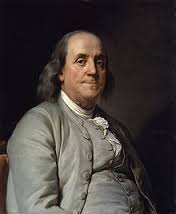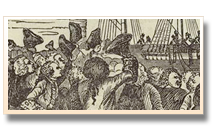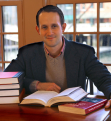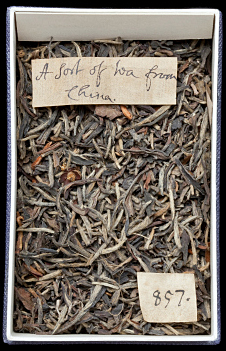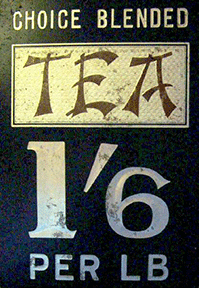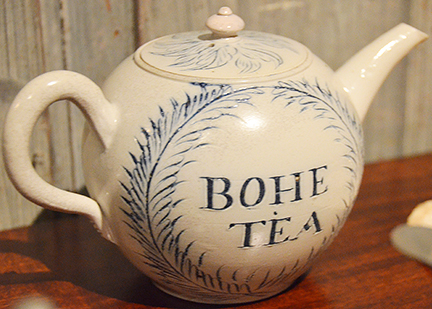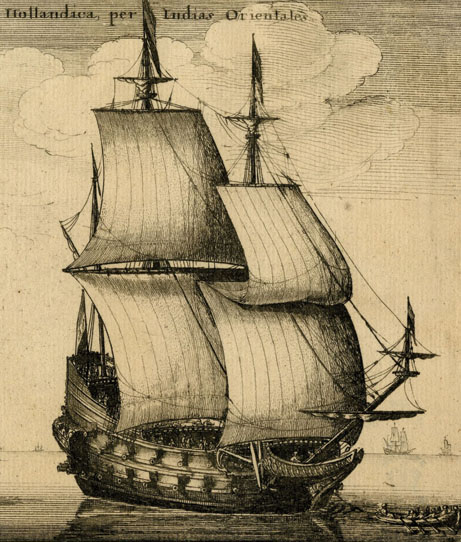LONDON, Feb. 2, 1774
Gentlemen: I received the Honour of your Letter dated Decr. 21, containing a distinct Account of the Proceedings at Boston relative to the Tea imported there, and of the Circumstances that occasioned its Destruction. I communicated the same to Lord Dartmouth, with some other Advices of the same import. It is yet unknown what Measures will be taken here on the Occasion; but the Clamour against the Proceedings is high and general. I am truly concern’d, as I believe all considerate Men are with you, that there should seem to any a Necessity for carrying Matters to such Extremity, as, in a Dispute about Publick Rights, to destroy private Property; This (notwithstanding the Blame justly due to those who obstructed the Return of the Tea) it is impossible to justify with People so prejudiced in favour of the Power of Parliament to tax America, as most are in this Country.
As the India Company however are not our Adversaries, and the offensive Measure of sending their Teas did not take its Rise with them, but was an Expedient of the Ministry to serve them and yet avoid a Repeal of the old Act, I cannot but wish & hope that before any compulsive Measures are thought of here, our General court will have shewn a Disposition to repair the Damage and make Compensation to the Company. This all our Friends here wish with me; and that if War is finally to be made upon us, which some threaten, an Act or violent injustice on our part, unrectified, may not give a colourable Pretence for it. A speedy Reparation will immediately set us right in the Opinion of all Europe. And tho’ the Mischief was the Act of Persons unknown, yet as probably they cannot be found or brought to answer for it, there seems to be some reasonable Claim on the Society at large in which it happened. Making voluntarily such Reparation can be no Dishonour to us or Prejudice to our Claim or Rights, since Parliament here has frequently considered in the same Light similar Cases; and only a few Years since, when a valuable Saw-mill, which had been destroyed by a Number of Persons supposed to be Sawyers, but unknown, a Grant was made out of the Publick Treasury of Two Thousand Pounds to the Owner as a Compensation—I hope in thus freely (and perhaps too forwardly) expressing my Sentiments & Wishes, I shall not give Offence to any. I am sure I mean well; being over with sincere Affection to my native Country, and great Respect to the Assembly and yourselves,
Gentlemen, Your most obedient and most humble Servant
B. FRANKLIN,
Honble Thomas Cushing, Sam’l Adams, John Hancock, William Phillips, Esquires.
Excerpt from A Social History of Tea by Jane Pettigrew & Bruce Richardson. Benjamin Press, available September 2013.
